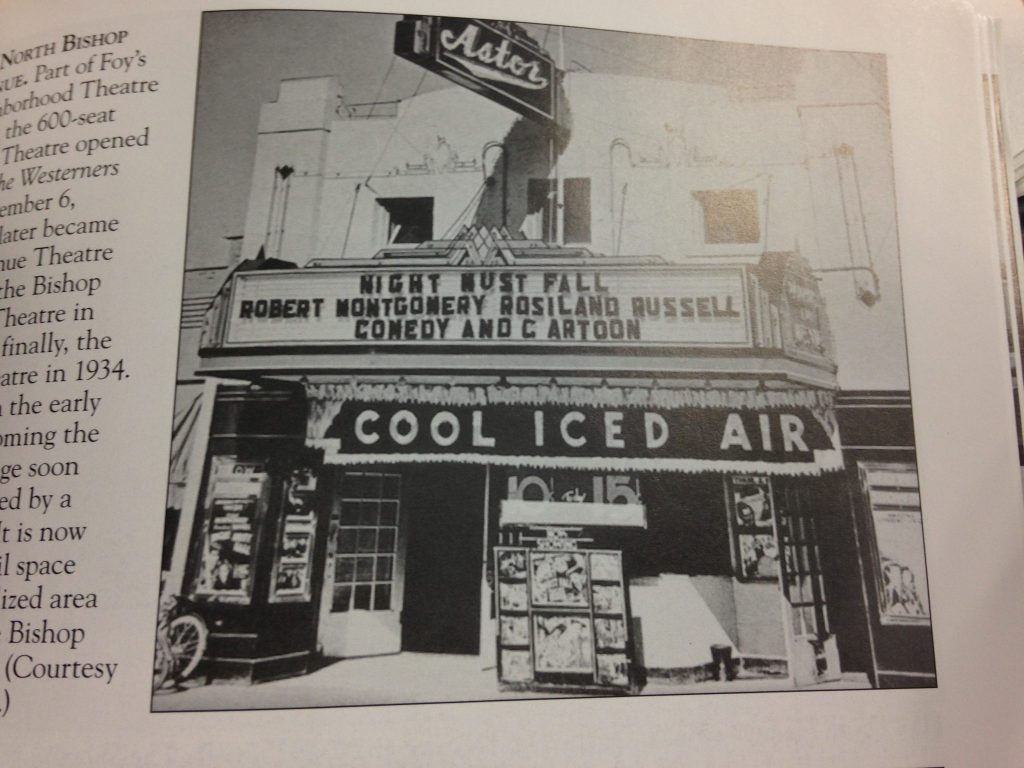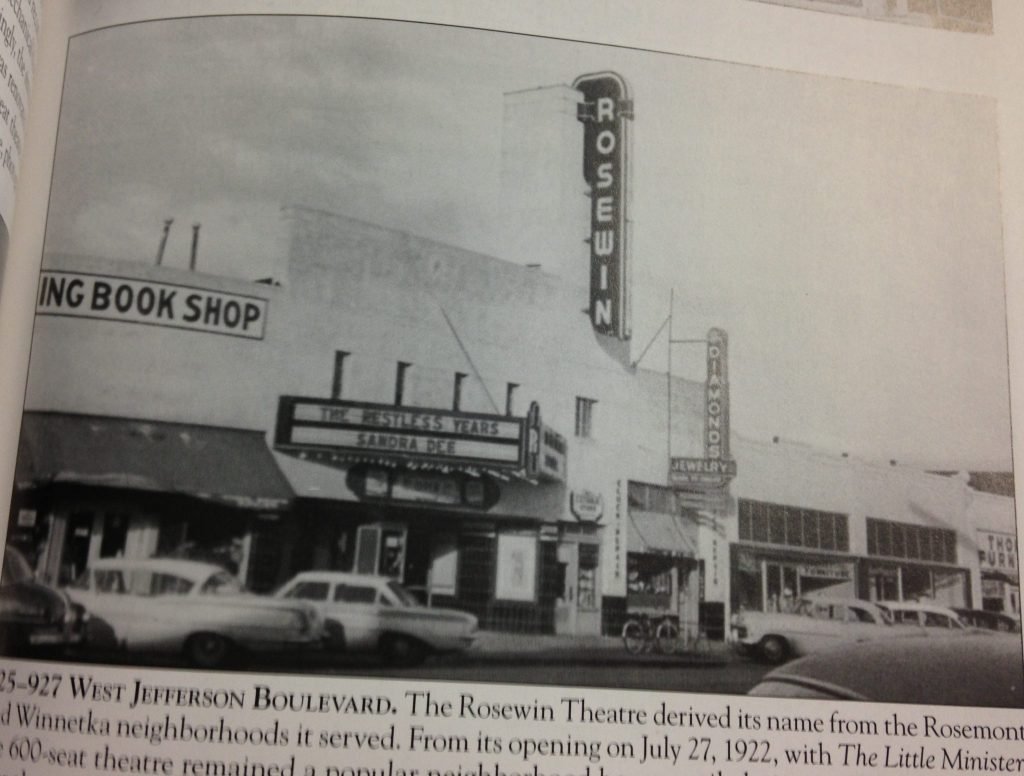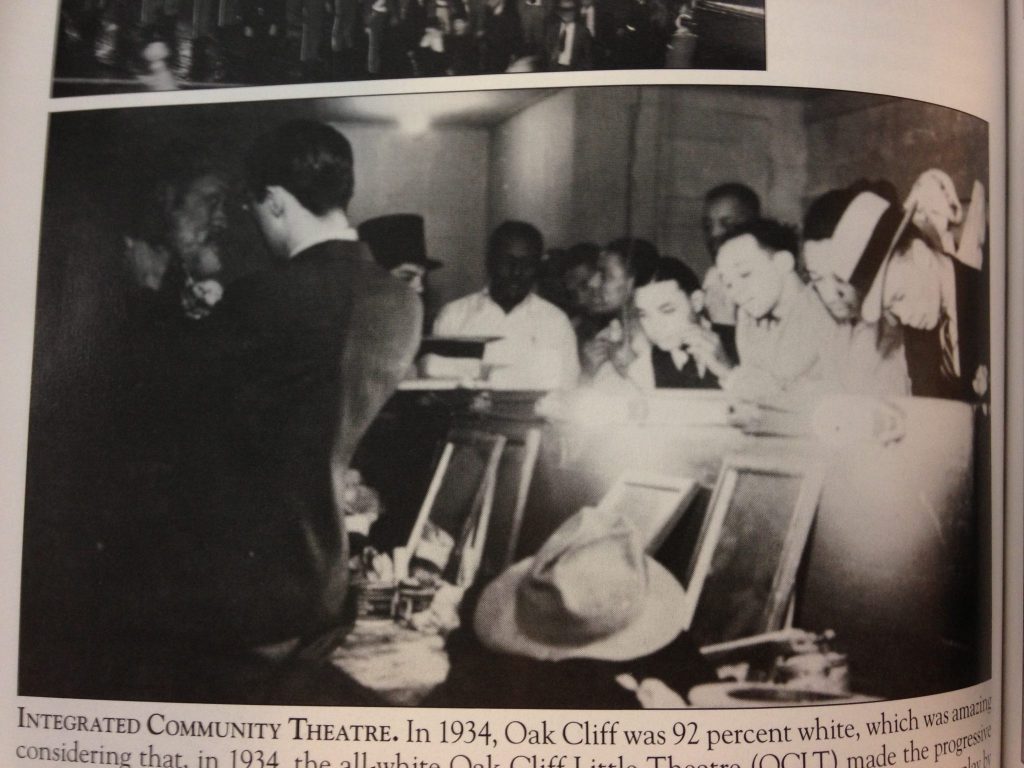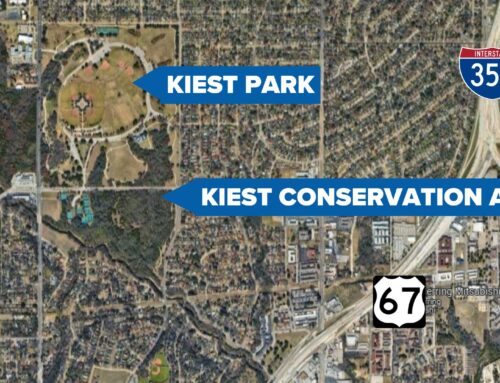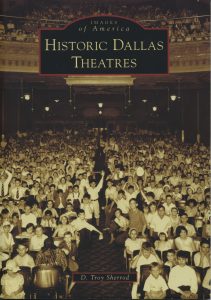 Arcadia Publishing releases a new book next week titled, “Historic Dallas Theatres” by local historian D. Troy Sherrod. The book examines Dallas as the showbiz capital of Texas during the 20th century.
Arcadia Publishing releases a new book next week titled, “Historic Dallas Theatres” by local historian D. Troy Sherrod. The book examines Dallas as the showbiz capital of Texas during the 20th century.
There was a time when the city had more than 100 theaters. In fact, Elm Street had almost as many vaudeville theaters and movie houses as Broadway. The book takes us through different neighborhoods, including Downtown, East Dallas, North Dallas and Oak Cliff.
Our neighborhood makes plenty of appearances with iconic structures such as the Texas Theatre and the Kessler Theater without which the book would not have been complete. But the Oak Cliff chapter is full of other historic theaters that we don’t see today.
The Rialto Theatre opened in 1919 at 410 N. Bishop. The space is now home to Artisans Collective after going through many other reincarnations as the Bishop Avenue Theatre, the Astor Theatre and the Astor Lounge.
The Rosewin Theatre on West Jefferson Boulevard between Tyler and Polk, named after the nearby neighborhoods of Rosemont and Winnetka Heights, opened in 1922. It closed in 1964 and re-opened as Rex Theatre, an art house that showed hard-core adult films.
One of the most interesting chapters is devoted to segregation and highlights the Oak Cliff Little Theater, an all-white organization that made the controversial decision in 1934 to recruit an all-black cast for “Porgy.” At that time, Oak Cliff was 92 percent white.
That’s just a sampling of the historical tidbits you’ll find Sherrod’s book, which goes on sale Feb. 3.
The book also includes stories about the Oak Cliff theaters built and operated by Gene Autry Enterprises; the Spanish-language Rosales Theatre in West Dallas; the Midway Theatre on West Jefferson; the Trinity Theatre on South Ewing, the Sunset Theatre on South Hampton, named for the high school; the Wynnwood Theatre; plus the neighborhood’s many drive-ins.
There’s also the 3,000-seat Bronco Theatre on Fort Worth Avenue where Jayne Mansfield made a personal appearance when it opened in 1961. From 1978 to 2002, the theater served as a popular concert venue, featuring artists such as Bob Dylan and The Clash. It also was a popular bowling alley known at The Bronco Bowl. It’s now a Home Depot.
If you like revisiting the history of Oak Cliff, don’t miss this month’s Back Story by columnist Gayla Brooks who takes a look at the noteworthy names found in our neighborhood cemeteries.

